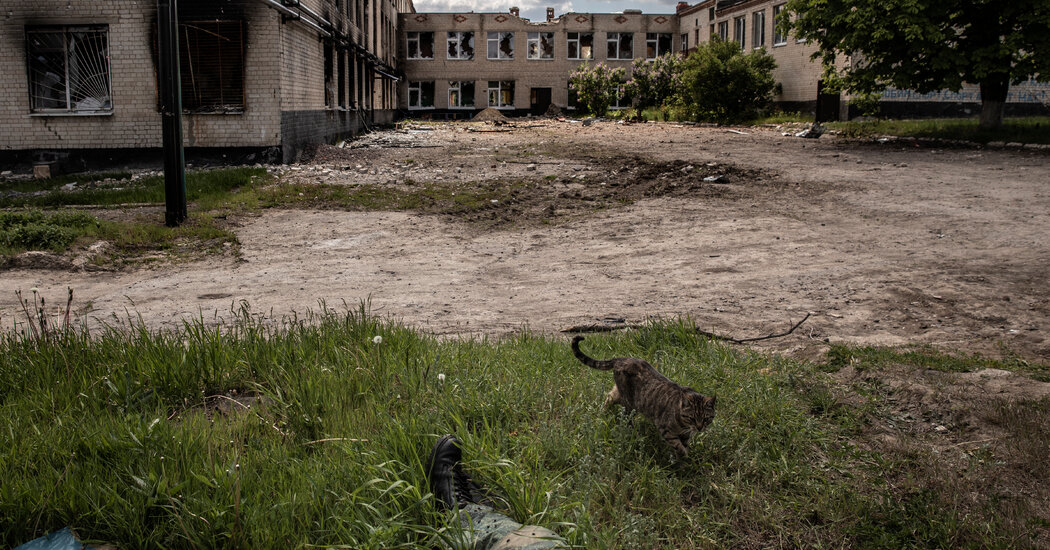
“Mostly, of course, it is a way of earning money,” said Sergei Krivenko, director of the Russian human rights organization Citizen Army Law. Many, especially older volunteers, have substantial debts, he and others said. A May law scrapped the age limit of 40 for contract soldiers.
Such piecemeal efforts sustain the war, but do not address the fundamental manpower deficit, analysts said. While Ukraine faces similar problems, what it lacks in professional soldiers it compensates for in enthusiastic volunteers, they said.
The online Russian ads avoid mentioning Ukraine, and the short-term offers, often three months, are meant to play down the risks of never coming home. “It may be that it is necessary to get them into the army, and when they are already in the army, figure out what to do,” said Mr. Galeev.
The high death toll among soldiers from poorer republics populated by ethnic minorities, like Dagestan in the Caucasus and Buryatia in southern Siberia, indicate that they fill the front ranks in disproportionate numbers. Statistics, compiled by MediaZona, an independent news outlet, from public sources, show 225 dead in Dagestan through June, along with 185 in Buryatia, compared to nine from Moscow and 30 from St. Petersburg.
Minority conscripts in particular are pressured to sign contracts. “They tell them that if they return to their hometown, they will not find any job, so it is better to stay in the army to earn money,” said Vladimir Budaev, a spokesman for the Free Buryatia Foundation, an antiwar group abroad for the Buryats, an Indigenous minority.




